Summary
- The EU is investigating Corsair’s new financing plan
- The plan has been described as an adjustment to the initial one revealed in 2020
- Rivals including Air Caraïbes and French bee (part of the Groupe Dubreuil) have underlined their concerns with the new restructuring proposal
In financial trouble, French airline Corsair had reached out to shareholders (both existing and prospective) and the French government for help. Now, the financing plan has been revised, forcing the European Commission to open an investigation at the start of this year into whether it respects EU state aid rules. As part of this investigation, France and “interested third parties” have been invited to submit comments; Air Caraïbes and French bee, unhappy with what the new plan means for Corsair, did not hesitate.
Among the issues on the table is Corsair’s intention to deviate from its primary goal as a key player in essential air connectivity for Overseas France by launching a new flight connecting France with the Democratic Republic of Congo. Other points of contention include the carrier’s supposed fleet growth despite its financial difficulties and previous agreements and its inability to create jobs to the same extent as Air Caraïbes.
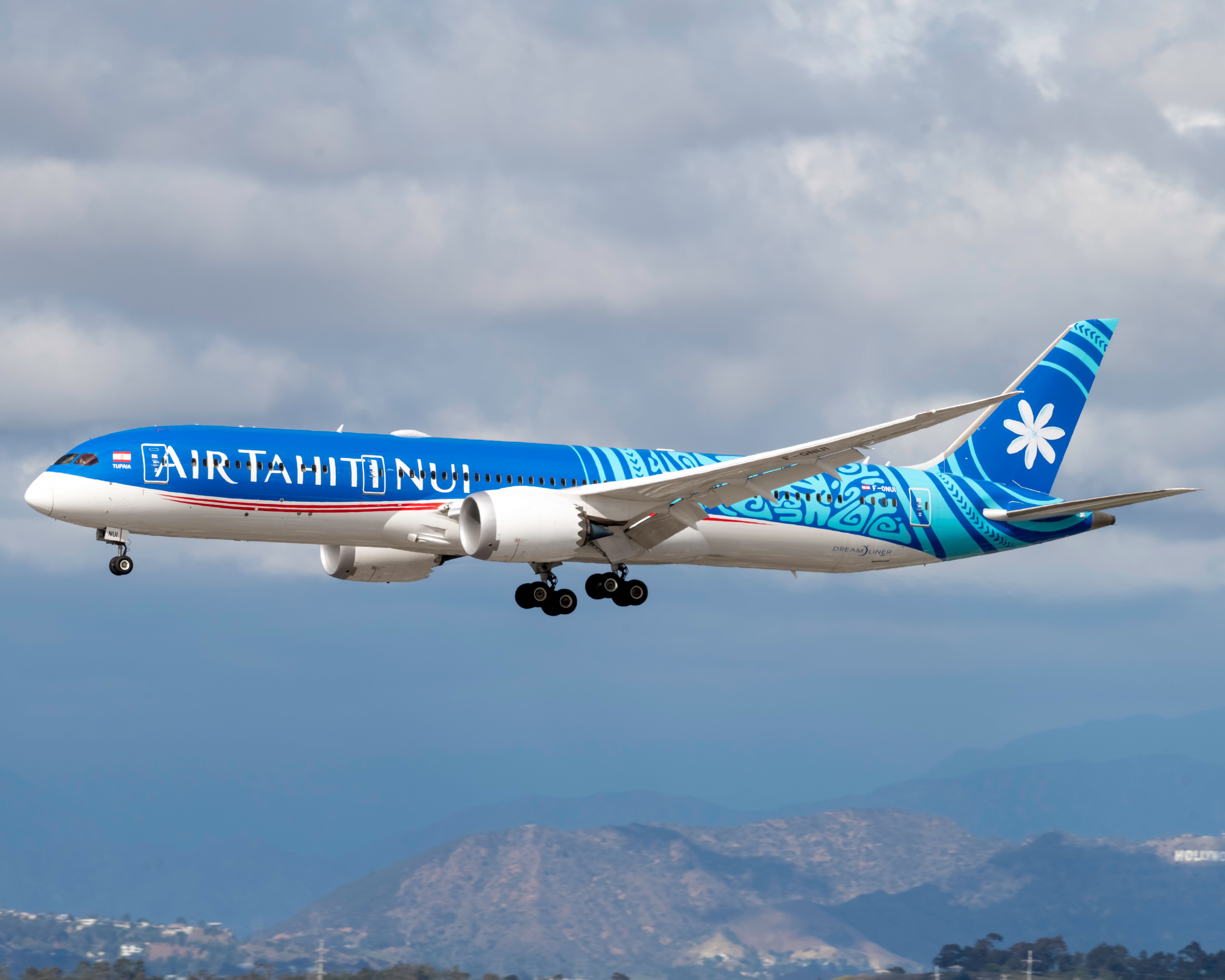
Related
A Brief Guide To The Main Airlines Serving France’s Overseas Territories
How to travel to and from the far-reaching French lands.
The 2020 financial aid
In December 2020, the European Commission approved €106.7 million in restructuring aid for Corsair and €30.2 million in compensation for the COVID-19 outbreak and the impact of government restrictions on air travel. Brussels deemed that the financing was in line with state aid rules and noted that it would be “accompanied by a restructuring plan aimed at restoring the viability of Corsair by 2023.” Per the Commission, the restructuring foresaw the following measures:
- A reduction in staff costs
- The concentration of Corsair’s activities on its core profitable routes to French overseas territories
- The optimization of the fleet and abandonment of loss-making routes
As part of these, Corsair committed to refrain from involving itself in other companies through interests or holdings, to maintain its fleet capacity at current levels, which includes already-anticipated aircraft orders (in particular for the A330neo), to cease opening new routes aside from those already in the restructuring plan, and to divest slots. In addition, the carrier agreed to suspend its Paris to Miami service and relieve its customer service operations at Paris’ Orly Airport.
A new plan including Africa?
Some of Corsair’s biggest rivals, Air Caraïbes and French bee (both owned by the Groupe Dubreuil) have shared their doubts about the latest update to the plan, which is seen as an extension to the one that emerged in 2020.
The European Commission notes it is an “amended restructuring plan,” although no specifics were shared. Le Monde, however, revealed that the new plan includes the waiver or relinquishment of more than €147 million in taxes and social debt.
The CEO of Groupe Dubreuil, Christine Ourmières-Widener, believes this adjustment should be considered a separate plan as it breaches the terms of the initial agreement. In particular, Corsair had revealed its interest in flying from Paris to Brazzaville in the DRC by the end of 2024. This came after the country reportedly agreed to provide €15 million in financing in exchange for a stake in the airline. Speaking to Les Challenges, Ourmières-Widener says:
“We see this as a new plan because the strategy shifts from territorial continuity to the development of African routes. This is important, because if it’s a new plan, there can be no aid: plans have to be ten years apart.”
Regional jealousy?
The issue of competition is an essential discussion when it comes to Overseas France. A lack of connectivity can have disastrous effects, given that the large majority of these regions are islands. The CEO of Corsair, Pascal de Izaguirre, says:
“For the Groupe Dubreuil, there is an obvious interest in our disappearance, as it would be the jackpot for them: they would find themselves as two with Air France in the Antilles, a market of nearly 3 million passengers, and as three in La Réunion with Air Austral.”
“Therefore, if the Groupe Dubreuil finds itself in a duopoly with Air France, it would not be good for the competition at a time when members of parliament in the French overseas territories and the general public are complaining about prices.”
Growth despite the 2020 limits
Corsair’s rival is also complaining about the airline’s fleet expansion despite the 2020 requirement to maintain fleet capacity at current levels. Corsair says that while its fleet may have grown in pure numbers, it still abides by the 2020 agreement, given that overall capacity has reduced.
“The move to 10 planes does not generate an increase in terms of seats: before, we had Boeing 747s with 532 seats. Now, we have the A330s which are much smaller.”
In an April interview with Les Challenges, the Corsair CEO underlined the measures the carrier had taken in the years following the initial agreement.
“We have renegotiated our aircraft leases and renewed our fleet: by November, we will have received our ninth A330 Neo to replace our old Boeing 747s. And we have taken strong social measures: redundancy plan, collective severance pay, outsourcing.”
The Groupe Dubreuil also noted that it is an important player in creating jobs and by providing aid to Corsair, its own sustainability will be put at risk. Ourmières-Widener says:
“We don’t understand the logic: we are the only player creating jobs in Overseas France -with over 600 employees- where we are based, and [combined with] the announced recruitment of cabin crew in Guadeloupe and Martinique, and this type of aid could hinder our development by creating unfair competition!”
The outcome of the European Commission’s investigation will be decisive for Corsair’s future. Despite its assurances that it is not in financial difficulty, it needs help ensuring its continued restructuring.

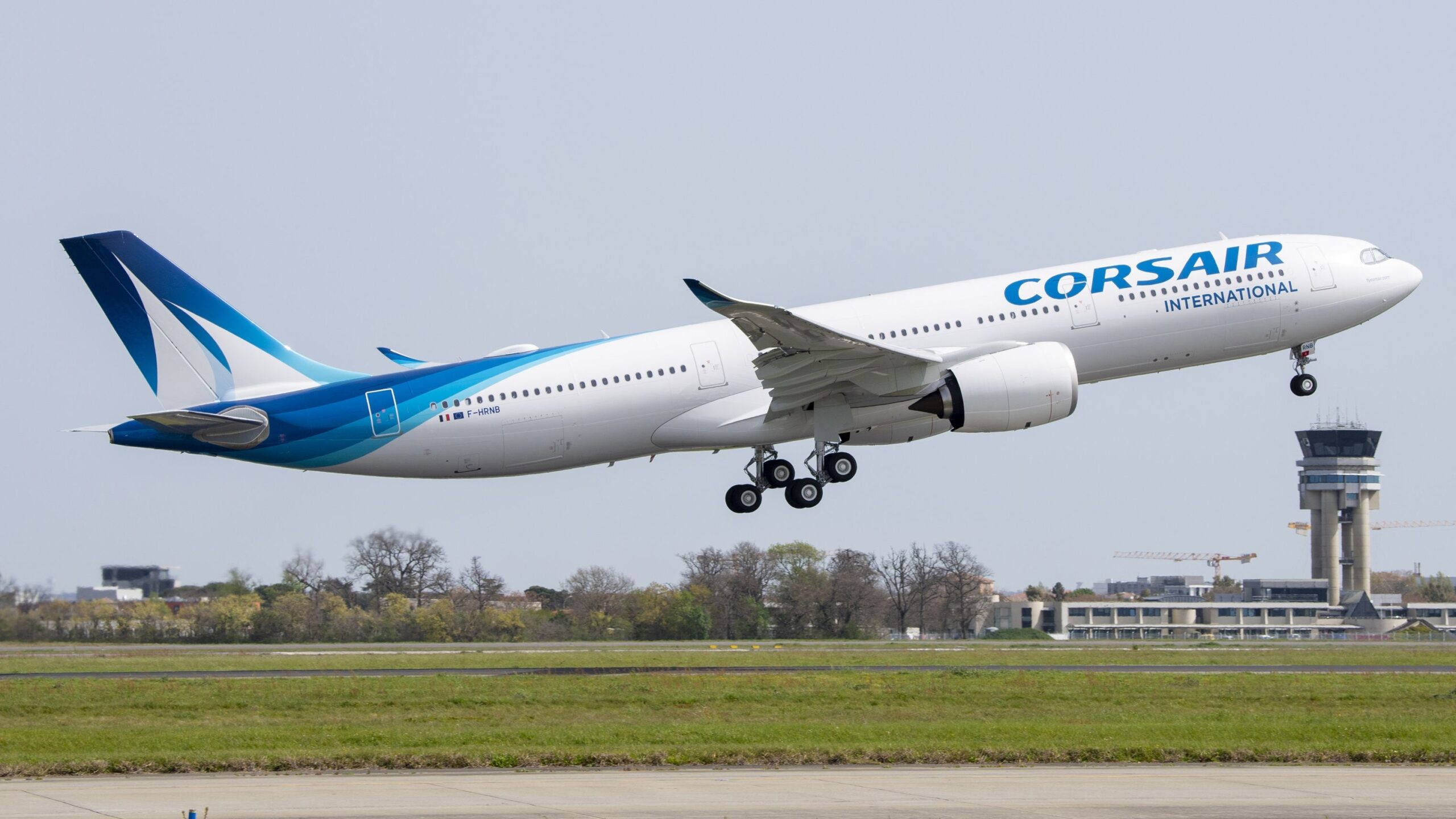
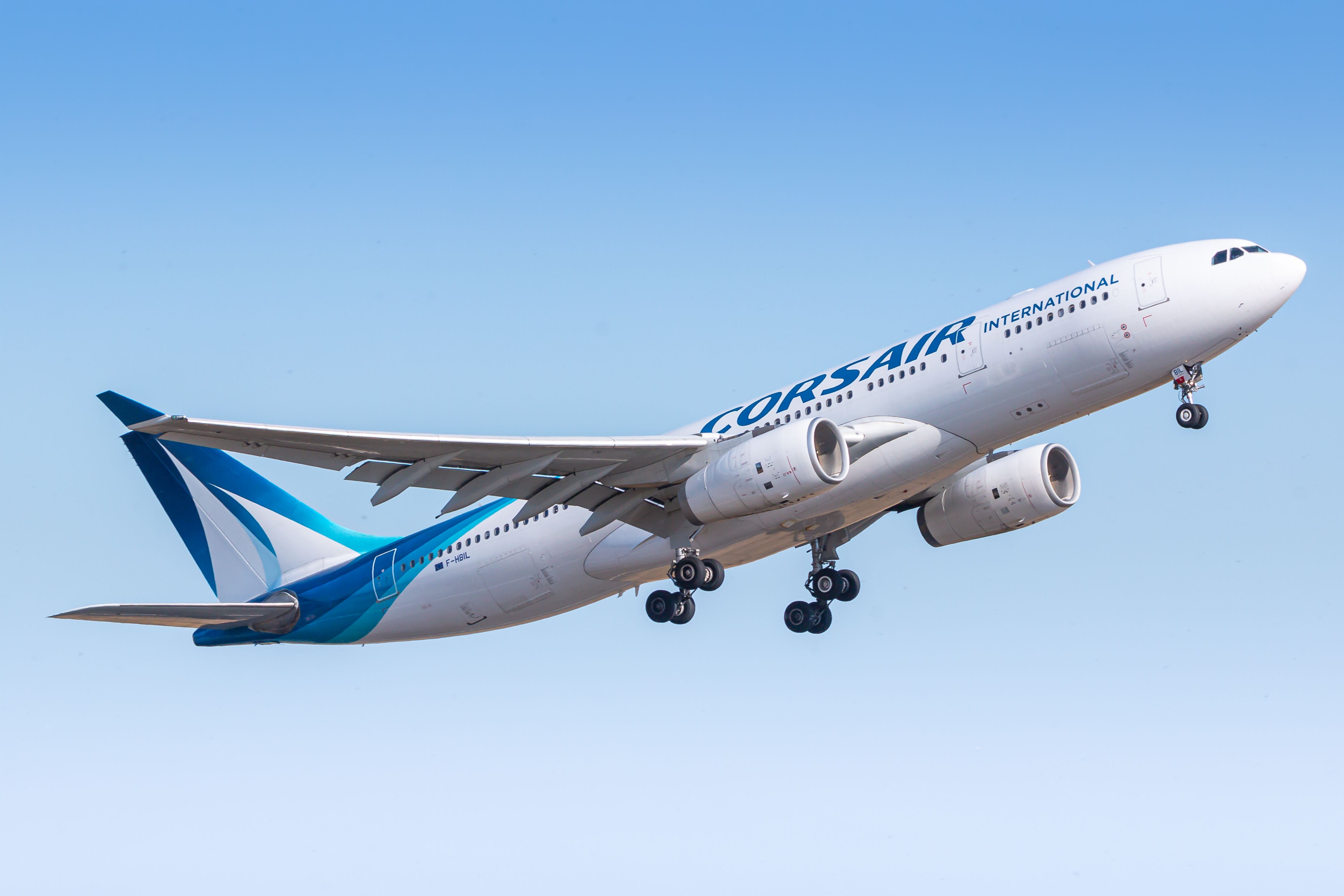
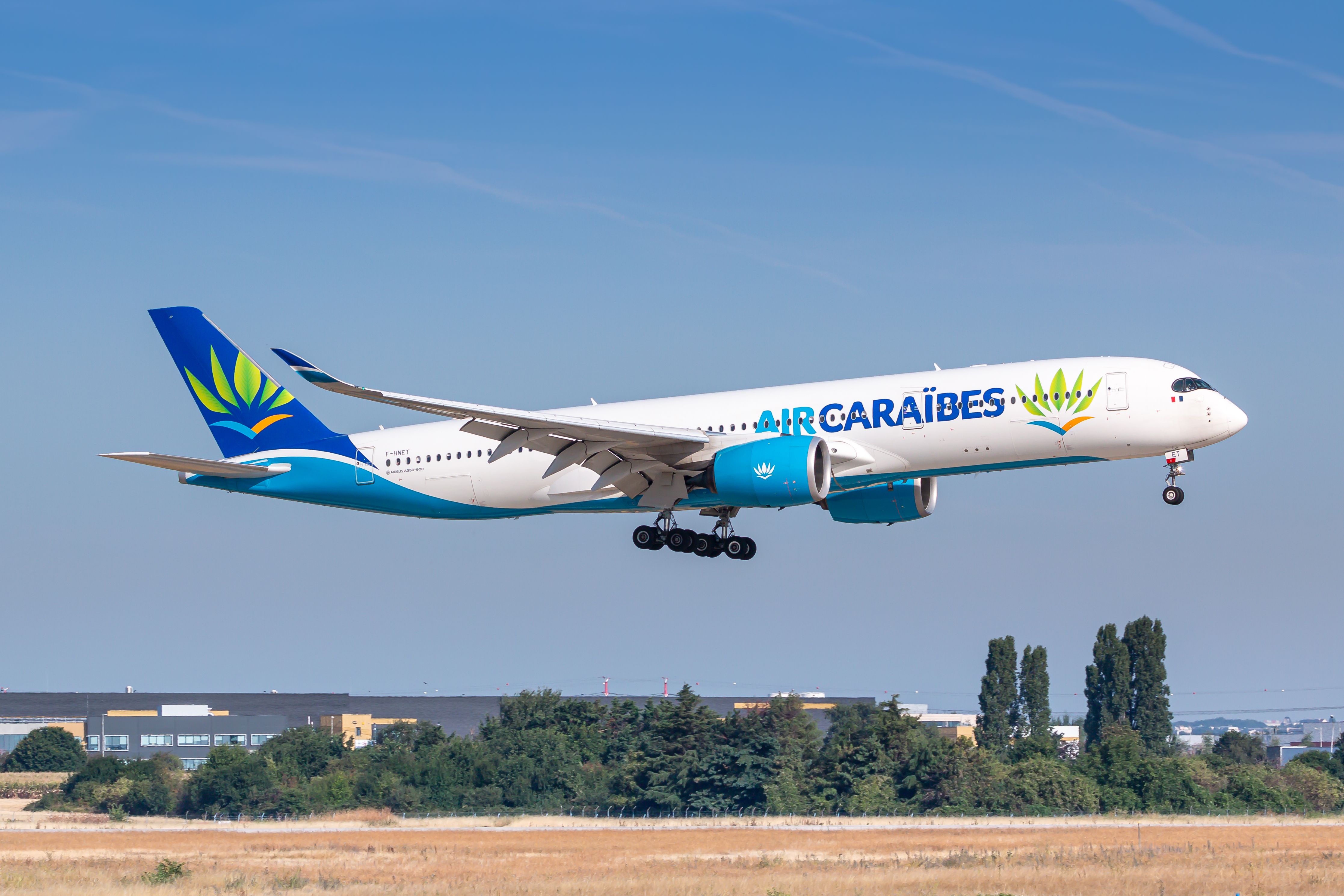
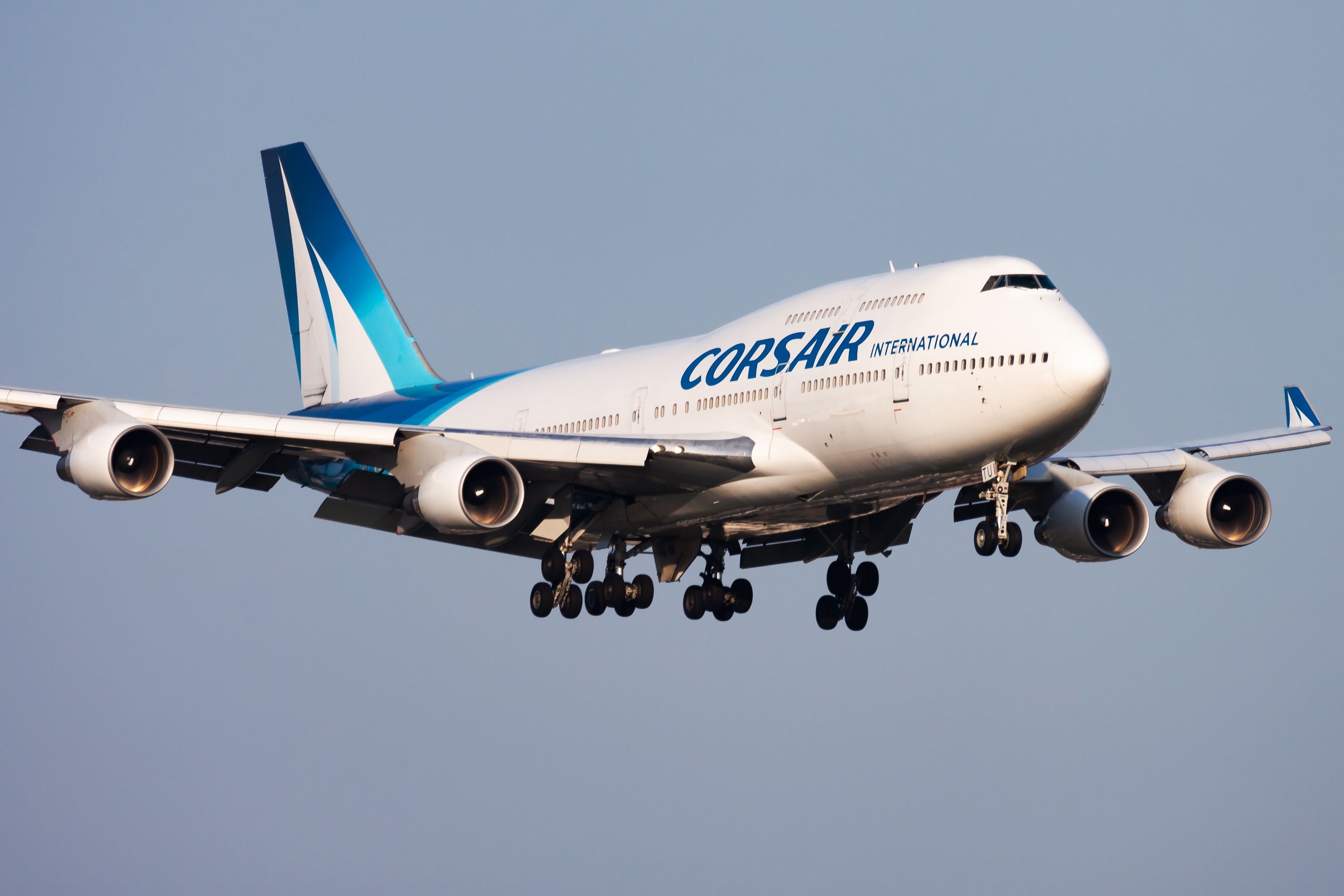
.jpg)